
OR
Editorial
A Milestone in Nepal-India Power Trade
Published On: September 7, 2023 07:30 AM NPT By: Republica | @RepublicaNepal
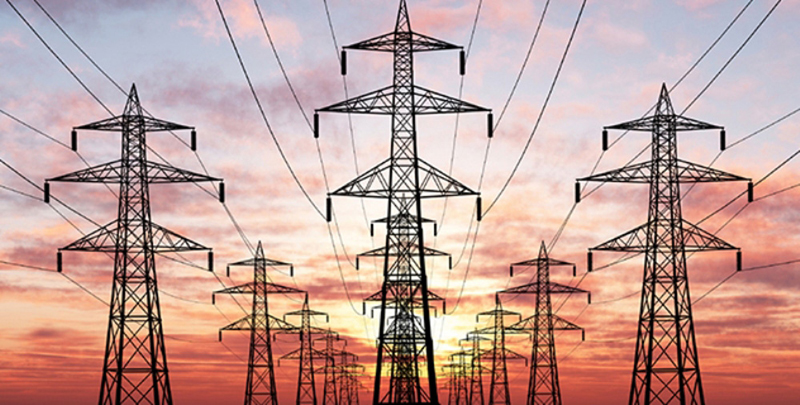
In a significant development for the Nepal-India power trade, the Indian government has officially given approval to purchase 10,000 megawatts of electricity from Nepal. This landmark decision comes after several months of discussions and negotiations, and it holds immense potential for the energy sector and economic development in both nations. Furthermore, India's decision to procure an additional 180 megawatts of electricity from Nepal starting from Thursday underscores the positive trajectory of this bilateral energy partnership. In fact, this agreement on electricity trade had been a longstanding priority for Nepal, and it has finally received the green light, three months after the initial proposal. Prime Minister Pushpa Kamal Dahal had initially sought to sign a Memorandum of Understanding (MoU) during his visit to India in May. However, the matter was not discussed in the Indian Cabinet at the time, leading to a delay in the signing. Despite this setback, Indian Prime Minister Narendra Modi publicly committed to purchasing 10,000 megawatts of electricity from Nepal over the next decade following bilateral discussions.
Prime Minister Dahal viewed this commitment as a significant achievement during his visit to India. However, without a formal agreement in place, Nepal faced challenges in fully exporting the electricity it generated, resulting in difficulties for the Nepal Electricity Authority (NEA). The NEA struggled to sell more than 452 megawatts of electricity from ten projects, leading to an excess power supply during the wet season. As a result, NEA asked private sector power producers to reduce their production, causing delays in the development of the energy sector. One of the critical factors contributing to this situation is the ongoing construction of numerous hydropower projects in Nepal. To address the issue of power wastage and provide stability to the energy sector, securing a long-term electricity trade agreement with India becomes essential. Last week, India's Cabinet approved this groundbreaking agreement, demonstrating a commitment to strengthen energy ties with Nepal.
Following the approval by the Indian cabinet, the energy secretaries of both nations are now set to sign a pivotal long-term power trade agreement. This agreement extends the opportunity for Nepal to sell its electricity to India for a period of 25 years. Currently, Nepal exports electricity to India primarily through short-term arrangements, such as "day-ahead" and real-time markets. What makes this agreement particularly significant is the prospect of long-term sales through contracts ranging from seven to 25 years, as well as medium-term contracts spanning two to seven years. This flexibility will incentivize increased investments in hydropower projects, as it provides project developers with the assurance of a stable market for their electricity. Several projects that had been stalled due to market uncertainties are now likely to gain momentum, bolstering Nepal's power production capacity and contributing to economic growth. According to an official from the Nepal Electricity Authority (NEA), this long-term business agreement will prompt hydropower project license holders to initiate their projects promptly, creating a conducive environment for foreign investment as well. This opens doors for increased collaboration and investment in Nepal's energy sector, with the potential to boost the nation's economic development. Furthermore, this agreement offers opportunities for the sale of power to large-scale Indian investment projects in Nepal. Notably, projects like Arun III, funded by Indian investments, are currently under construction, and other major ventures such as Phukot Karnali and Upper Karnali are making significant progress. This cross-border energy trade will foster stronger economic ties between the two nations and contribute to the broader goal of regional cooperation and development.
However, it is important to note that India's commitment to purchase electricity from Nepal comes with specific conditions. India will exclusively procure electricity from projects backed by either Indian or Nepali investments and will not buy electricity from Chinese-invested projects. This demonstrates the strategic and selective approach taken by India in its energy cooperation with Nepal. Nevertheless, the Indian government's decision to purchase 10,000 megawatts of electricity from Nepal marks a significant milestone in bilateral cooperation and energy trade. This agreement not only addresses Nepal's need for a stable market for its growing power production but also strengthens the economic ties between the two nations. As Nepal aims to produce 15,000 megawatts of electricity by 2030, and India pursues its goal of achieving zero carbon emissions by 2070, this energy partnership is aligned with the imperative of using renewable energy sources for a sustainable and greener future. Let us hope that this decision is not merely a political stunt but is sincerely implemented to realize the full potential of this historic agreement. We hope to see India continue to increase its import of power from Nepal as both countries work together to shape a brighter, more sustainable future for the region.
You May Like This
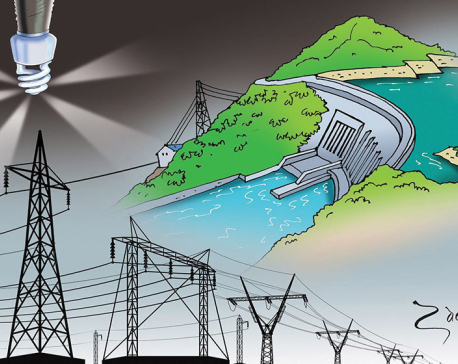
India's positive gesture on power trade
India's recent decision to include imported hydroelectricity from Nepal under its renewable energy count is a significant and commendable move... Read More...

Government steps back from decision to examine veggies, fruits from India
KATHMANDU, July 5: The government has stepped back from the decision to examine the vegetables and fruits that are imported... Read More...

Fruits, vegetables from India stopped at customs, requiring pesticide clearance
BHAIRAHAWA, June 24: Following the government's decision that fruits and vegetables will be allowed entry into the country only after verifying... Read More...


Just In
- Ilam-2 and Bajhang 1(a) by-elections: Vote counting begins
- Nepal is a prime destination for international investment: FinMin Pun
- President Paudel issues ordinance related to facilitation of investment
- Hearing on Cricketer Lamichhane’s appeal today
- Nepal Investment Summit (live)
- Clear Policies Set to Boost American Investment in Nepal: US Ambassador Thompson
- Second T-20 series: Nepal loses toss, set to go for fielding first
- Nepal Investment Summit 2024 and Victor Hugo Moments for Reforms






-1200x560-wm_20240427144118.jpg)




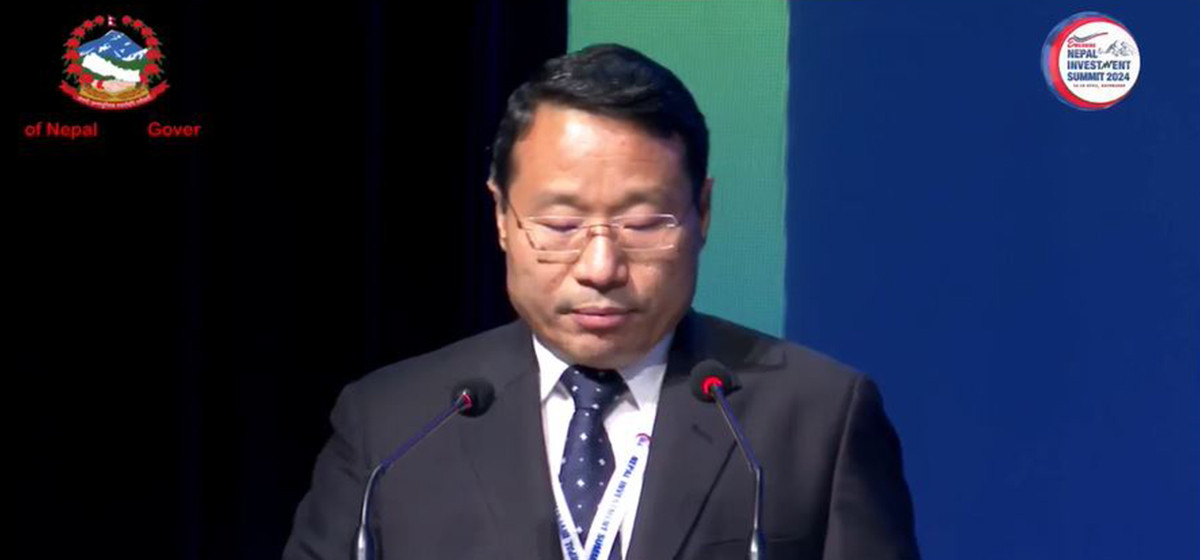
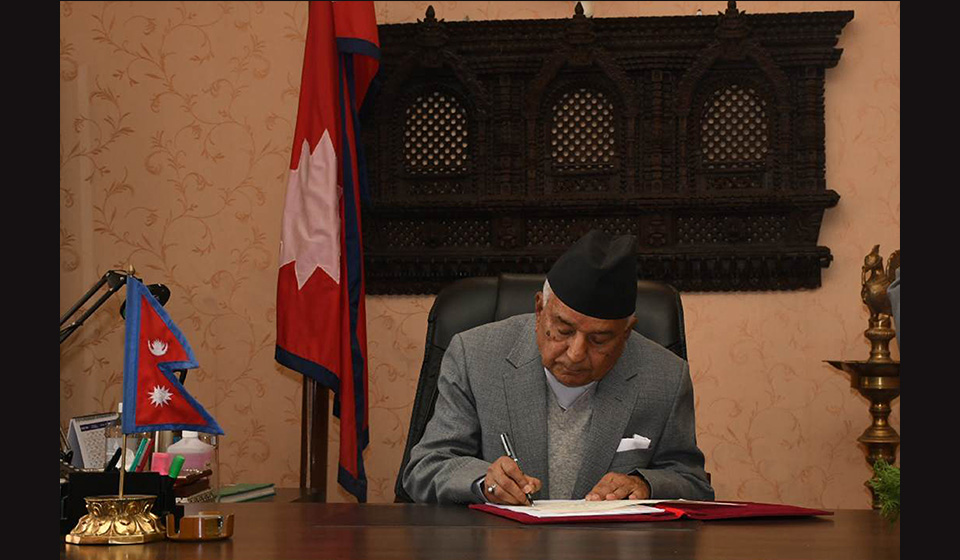
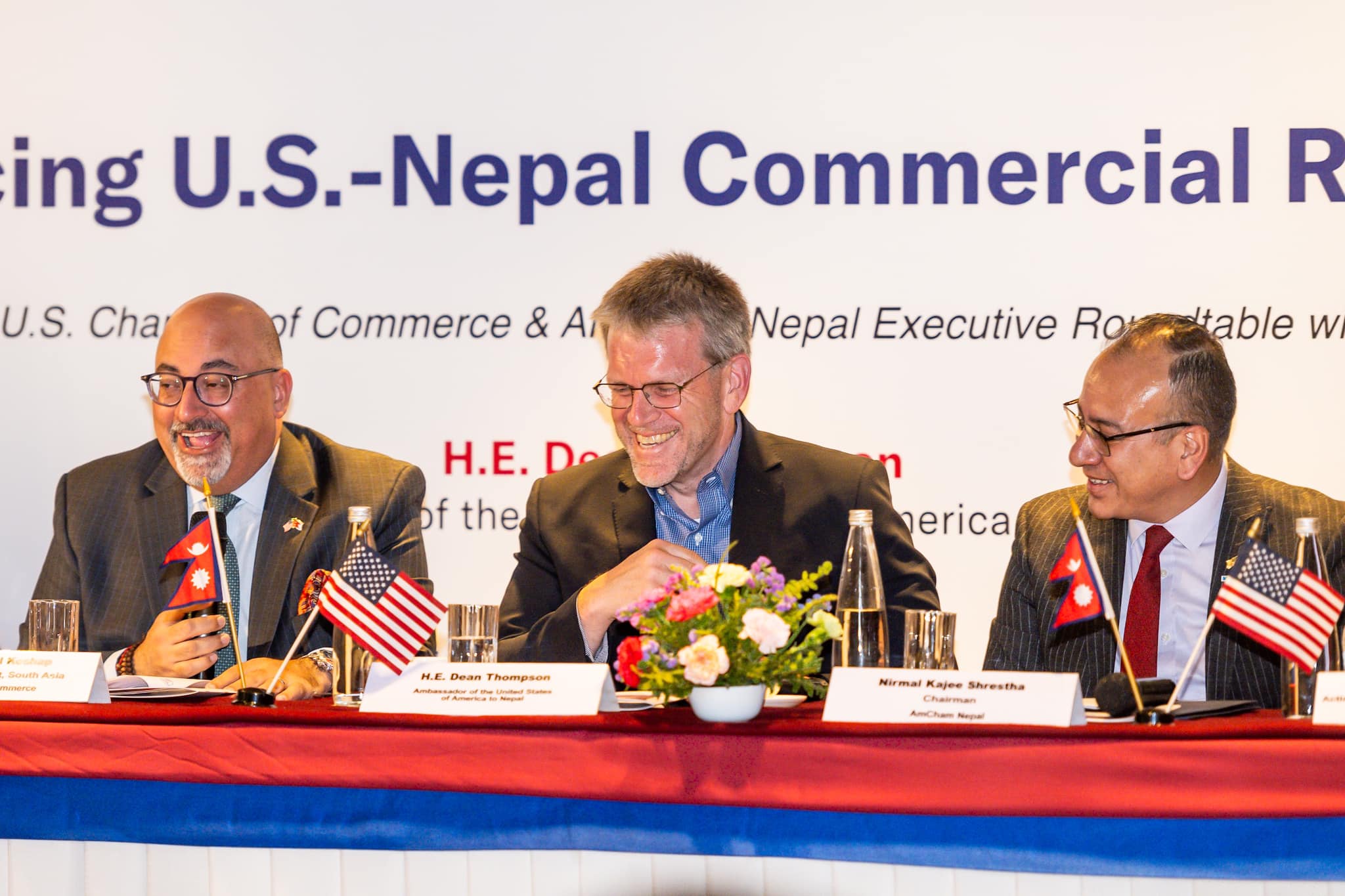


Leave A Comment